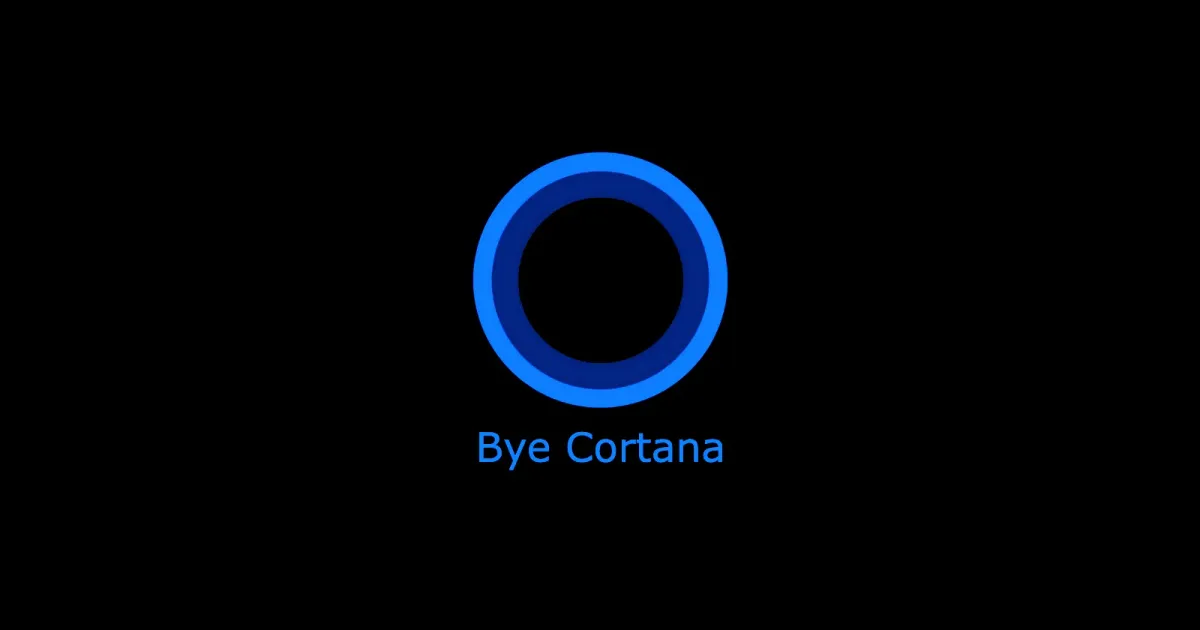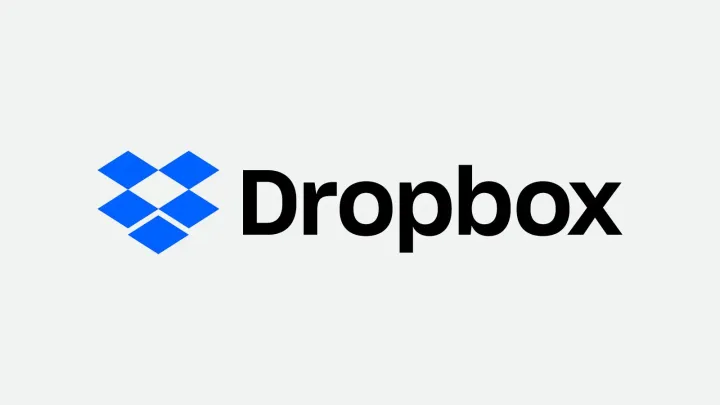Microsoft says goodbye to Cortana as a standalone Windows app

This month, Microsoft will discontinue Cortana, its digital assistant app, in favour of more cutting-edge AI developments like Bing Chat, akin to ChatGPT, and other AI-powered productivity features in Windows and Edge. According to a support page, Cortana will no longer be available as a standalone app for Windows starting in August 2023.
As a competitor to Google Assistant and Apple's Siri, Cortana was first introduced in 2014, but users have yet to take to it. Microsoft tried to include Cortana in several of its products, including Windows 10, Xbox One, Skype, Outlook, and Microsoft Teams, but it could not outperform the more well-known voice assistants. Microsoft declared that Cortana would no longer serve as a general-purpose digital assistant in 2019. Instead, Cortana would now serve as a personal productivity assistant.
Since then, Microsoft has gradually removed Cortana from its goods and services. Microsoft stopped providing iOS and Android device support for Cortana in January 2020. Microsoft made Cortana a standalone app in the Microsoft Store in July 2020, removing it from the Windows 10 taskbar. Microsoft replaced the original Cortana app for Windows 10 with a new chat-based user interface in April 2021. And as of now, in August 2023, Microsoft is discontinuing the standalone Cortana app for Windows.
The Cortana app won't be accessible in the Microsoft Store after August 31, 2023, according to the support page. Users who have already downloaded the app won't be able to use or launch any of its features. The taskbar and Start menu will also no longer contain the app. Users must use the chat-based interface in the Windows 10 search box or the Cortana web app to access Cortana's features.
According to the company, Microsoft will continue to develop Cortana to meet the changing needs of its users. The business claims that utilizing new AI technologies will make interactions with its products and services more conversational and natural. These include Microsoft 365, a collection of cloud-based productivity apps that use AI to help users work more effectively, and Microsoft Graph, a platform that connects data and insights from various sources to create personalized and contextual experiences. Bing Chat, a chat-based interface for web search that uses a model similar to ChatGPT, is another example of one of these technologies.
Microsoft aspires to offer its users more value and functionality than Cortana could as a standalone app by concentrating on these new AI initiatives. Once hailed as one of its main selling points, Cortana's voice and personality may still need to be noticed by some users. It is yet to be determined if Microsoft can keep or attract those users through its new AI offerings.



